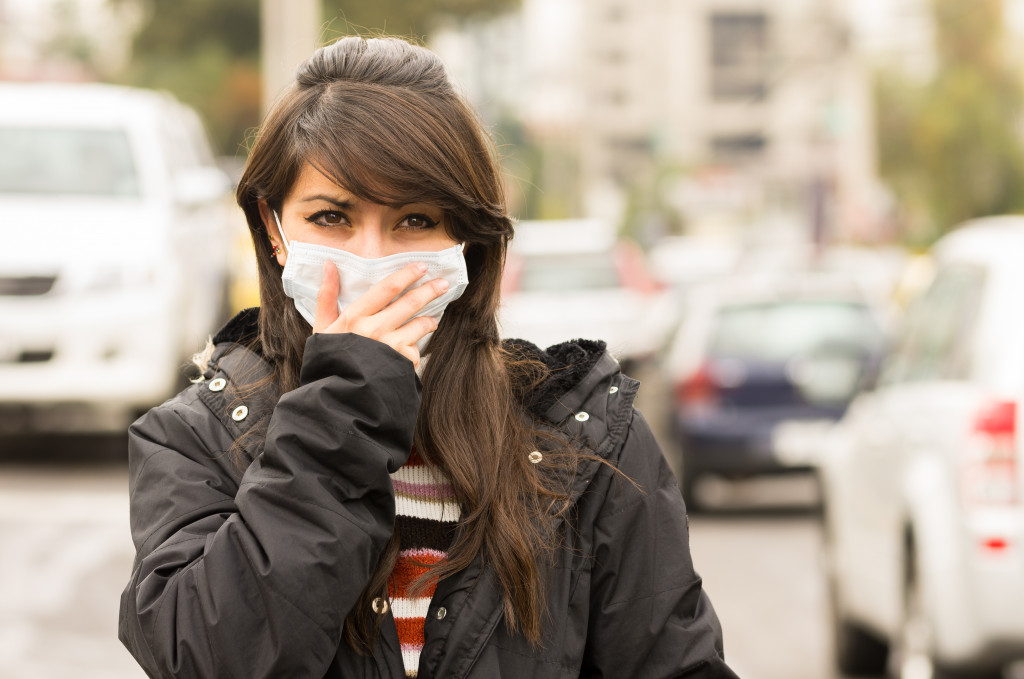If you’re one of the millions of Americans who suffer from seasonal allergies, you know how miserable they can be. Fortunately, there are steps you can take to reduce your symptoms and make allergy season more bearabl
Here are some tips to help you get through allergy season without feeling completely miserable. This way, you can enjoy spending time with your family and friends without having to run inside every five minutes to blow your nose.
What are the symptoms of an allergy?
Allergies show themselves in different ways, but the most common symptoms are itchy skin, a runny nose, and itchy eyes. This is because the body’s response to an allergen is to release histamine, which causes fluid buildup in the linings of your nose and eyes. Your skin becomes itchy for the same reason.
The less common symptoms include sneezing, a sore throat, hives, vomiting, an upset stomach, itchy skin, headache, or diarrhea. If you’re experiencing any of these symptoms, it’s important to read the signs and start taking steps to treat your allergies.
How can you tell if you have allergies?
One of the easiest ways to tell is by taking note of when your allergy symptoms are worst. If you notice they’re worse in the morning, when the pollen count is highest, you might be suffering from allergies. You can also tell if your allergies are worse at certain times of the year. Allergy sufferers usually notice their symptoms are worse in the spring and fall when the pollen count is high.
Symptoms will vary based on the allergen. For example, if you’re allergic to ragweed, your body will release histamine when it comes in contact with the plant’s pollen, which causes you to sneeze, have a runny nose, and have itchy eyes. If you’re allergic to dust mites or pet dander, you’ll probably notice sneezing and itchy eyes.
How do you treat allergies?

If the symptoms are bothering you, you should schedule an appointment at an allergy test clinic and meet with a certified specialist. This will make it easier for you to treat your allergies. At the clinic, you’ll either receive a diagnostic test or provide a medical history that will help the doctor determine what kind of treatment is best.
One of the most common treatments for allergies is antihistamines, which are medications that reduce or block histamine’s effects on the body. Doctors can also prescribe steroid nasal spray for allergies with nasal symptoms and eye drops if the eyes are itchy or have fluid buildup.
If your allergies are awful, you might need allergy shots to build tolerance. These injections contain small amounts of an allergen that will desensitize you. After getting allergy shots, your symptoms should gradually get better over time until they completely disappear.
What should you do if you experience an allergic reaction?
If you ever experience an allergic reaction, your first instinct might be to take a pill or use some nasal spray. Although these are effective treatments for allergies, they can also make the problem worse if you aren’t careful.
For example, many allergy pills and nasal sprays contain decongestants, which cause vasoconstriction. If you already have a runny nose and your nose is starting to swell shut, this can make it difficult to breathe.
Take note of your symptoms and read the warning labels before taking any allergy medication. You should also contact your doctor if your symptoms don’t improve.
How can you prevent allergy attacks from happening?
One of the easiest ways to prevent an allergy attack is by controlling your environment. If you have allergies, make sure you dust your home regularly to avoid exposing yourself to pet dander or dust mites because these are common allergens. You should also take your shoes off when you come into the house to avoid tracking in pollen.
Before you head outdoors, check the weather forecast. If it’s going to be sunny or windy, you’ll want to stay inside because pollen counts are high during these days. But if you can’t avoid going out, you should at least wear sunglasses or goggles if your eyes are itchy or watery.
It’s also important to take note of what you eat. Some studies suggest that consuming certain foods, such as processed sugar and refined carbohydrates, can increase the severity of allergy symptoms. That’s why experts recommend that you eat a healthy, balanced diet.
Allergies can show themselves in different ways depending on the person. Experiencing mild to severe allergic reactions is never a pleasant experience, but knowing what to look for can help you find effective treatment and improve your quality of life.
